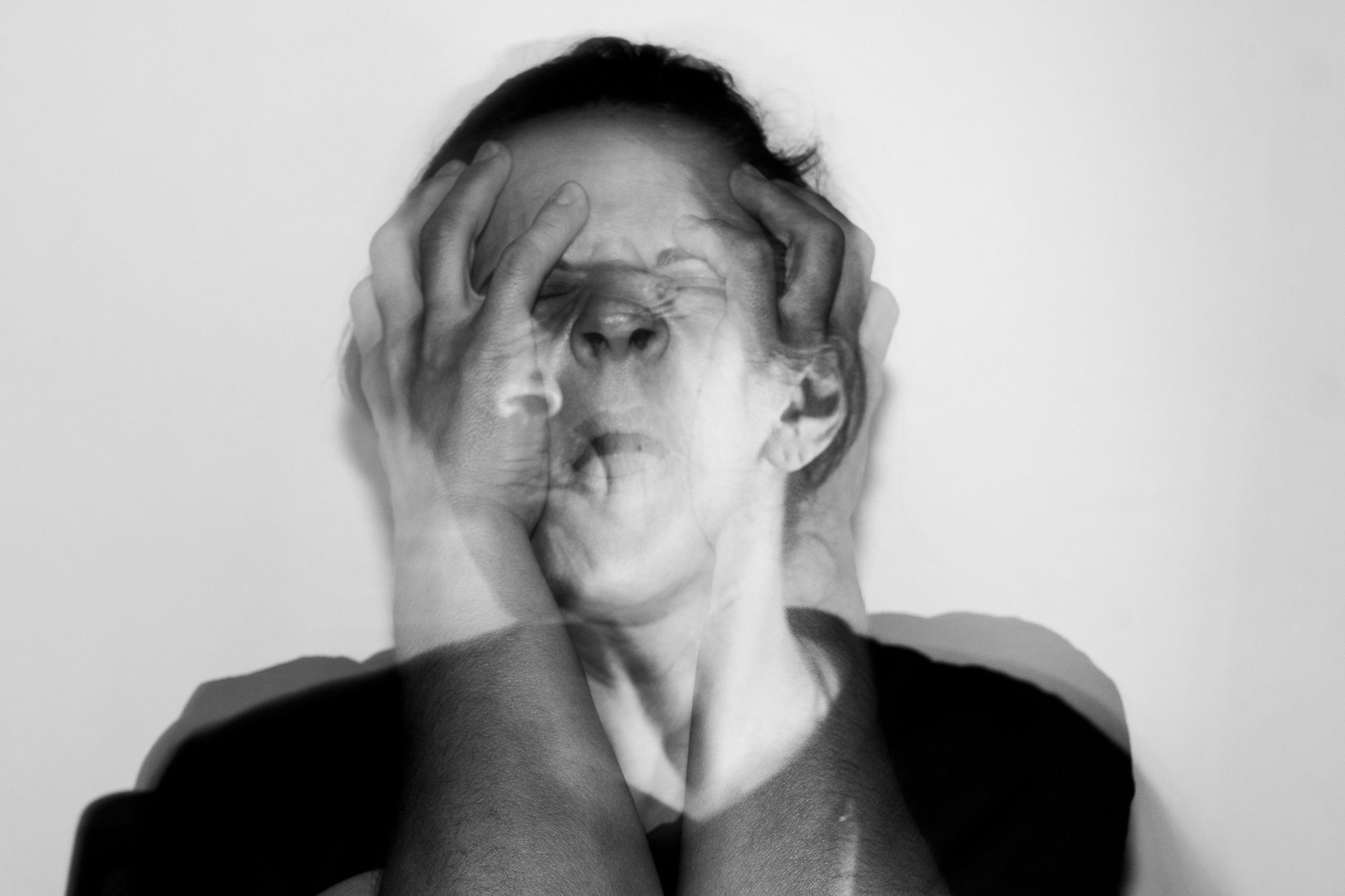Psychosis is a scary word. In older days, we might have called a psychotic episode “going crazy.” And people who “go crazy” are different from the rest of us in some fundamental way…right? Wrong. Humans are fragile creatures, and our brains require nurturing and maintenance to stay healthy. Even so, internal or external circumstances can sometimes escalate to the point of causing psychosis, or a break from reality.
What constitutes psychosis or a psychotic episode?
Psychosis happens when the mind cannot distinguish between what is real and what isn’t. A person’s behavior may deviate from the norm (one person describes staying up all night, talking to himself), and their thoughts about and interpretations of reality no longer line up with what everyone else thinks and sees.
The person may experience hallucinations (sensing things that aren’t there) and/ or delusions (false beliefs about reality). They may experience what is called disorganized thinking, which can include racing thoughts and ideas and making links between ideas or words that other people don’t understand or find meaningful. The person may speak quickly, stumble over their words, confuse words or make up new ones, and jump from one topic to another.
Psychosis is not a diagnosis in itself but rather a symptom of another mental or physical health condition. When psychosis does not seem to stem from any discernible disorder and is short-lived, it is generally characterized as a brief psychotic disorder.
What causes psychosis?
Psychosis is primarily associated with schizophrenia, a mental illness in which a person experiences hallucinations and delusions and behavioral changes that last six months or more. However, psychotic episodes can occur with schizoaffective disorder, bipolar disorder, major depressive disorder, and with certain neurological conditions, particularly Alzheimer’s disease, Parkinson’s disease, and epilepsy.
Psychosis can be induced with substance use, head injuries, high fevers, and abuse or trauma. In rare cases, severe hunger, low blood sugar, and prolonged lack of sleep may also result in brief psychotic episodes.
According to the National Alliance on Mental Illness (NAMI) the exact causes of psychosis are still being researched, but stress overload is thought to be a primary factor: “When a brain can no longer effectively process a certain level of stress, the processing of information and emotions is impacted, resulting in trouble perceiving reality,” explains [Dr. Chantel] Garrett.
What are the signs of psychosis?
Contrary to what some might expect, psychosis happens in stages (early, acute, and recovery) and can thus potentially be detected early enough to intervene before the episode worsens.
In early stages of psychosis, the person may experience changes in behaviors and thoughts and begin to withdraw from friends and family. Other early signs can include:
- Hearing, seeing, tasting or believing things that others don’t (e.g., hearing ringing or voices; seeing shadows or flashes of light)
- Persistent, unusual thoughts or beliefs that can’t be set aside regardless of what others believe
- Strong and inappropriate emotions or no emotions at all
- Difficulty sleeping
- A sudden decline in self-care
- Worsening performance in school or at work
- Trouble thinking clearly or concentrating
As the psychosis develops, hallucinations and delusions may come into play. Psychotic episodes taper off with treatment.
How is psychosis treated?
Treatment generally includes a combination of psychotherapy and medication. People who experience brief psychotic disorder typically do not experience recurring episodes once the triggers have been addressed. However, those with a mental health disorder that includes psychosis as a symptom will need to manage their health long-term with medication, self-care, and therapy.
If you or a loved one have experienced psychosis, you are not alone (in fact, you can visit this website to read and hear stories from those who have experienced psychosis and recovered from it). Psychosis may look and feel scary, especially when it occurs in young people, but it is very much treatable. Eagle View’s compassionate team in Bettendorf, IA, is eager to help you or a loved one find your baseline once again and move forward with confidence and support.







